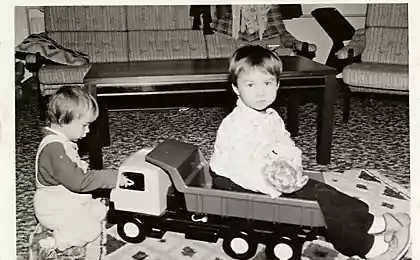239
Psychology of nostalgia in brief summary
Nostalgia was once considered a disease most commonly seen in Swiss mercenaries. This view remained dominant throughout most of the nineteenth century. Attacks of crying, arrhythmia and anorexia - to which only these symptoms were not attributed: demons entrenched in the head, and atmospheric pressure, and the incessant ringing of bells, which allegedly could damage the eardrums and brain cells.
Today, we know for sure that it wasn’t just Swiss mercenaries who suffered from nostalgia. According to one survey, about eighty percent of people experience this feeling at least once a week.
Of course, nostalgia does have manifestations that can be mistaken for a disease. It can cause some kind of loss or longing for what is no longer there. But at the same time, people experience positive emotions, remembering happy times.
Indeed, nostalgia has more positive sides than negative ones. The attention of modern psychologists is more focused on them:
Nostalgia is a remedy for boredom. When people get bored, they become nostalgic. And thinking about the past often suggests that the present is more important.
Nostalgia is a remedy for loneliness. It serves as a reminder of the people dear to us, and thus drives away sad thoughts.
Nostalgia reconciles us with thoughts of illness and death, encouraging us to take care of our loved ones.
So since the nineteenth century, nostalgia has been almost completely rehabilitated, turning from a mental illness into a valuable emotional resource.
source
Source: /users/87
How to cook almond butter cookies
Arshid Ali Khan— an Indian boy who considers himself the God of monkeys






















